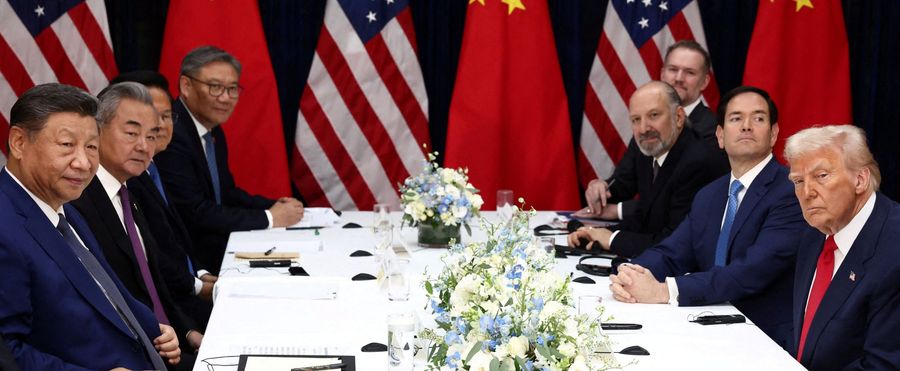In a significant shift of economic policy, the U.S. has announced a 10% reduction in tariffs imposed on Chinese imports. This move might potentially ease the ongoing trade war between the world's two largest economies and boost global trade prospects. As of now, the timeline and specifics about which goods the tariff relief will cover remain unclear.
The announcement is highly significant to Japan because any tensions between the U.S. and China directly impact the Japanese economy due to the interconnectedness of trade in the Asia-Pacific region. Japan, as a significant global trading power, has a vested interest in balanced global trade. This news is being discussed extensively in political and economic circles, with analysis forecasting the potential impacts on the Japanese economy and trade.
Trade wars are also contentious issues in the U.S. and EU. However, the decision-making process may differ given variations in political systems and economic strategies. The EU, being a political and economic union of 27 member states, often needs a consensus for tariff changes, which can slow down the process. Meanwhile, in the U.S., such decisions can be more rapidly executed as seen in this case.

